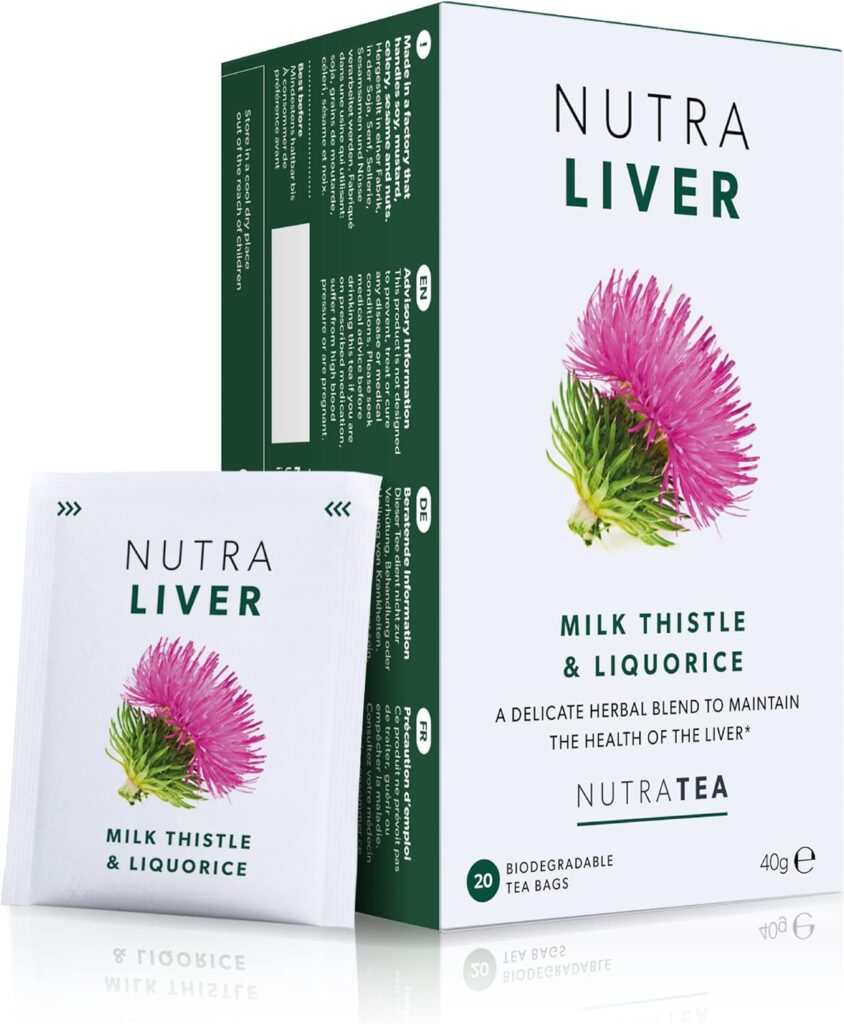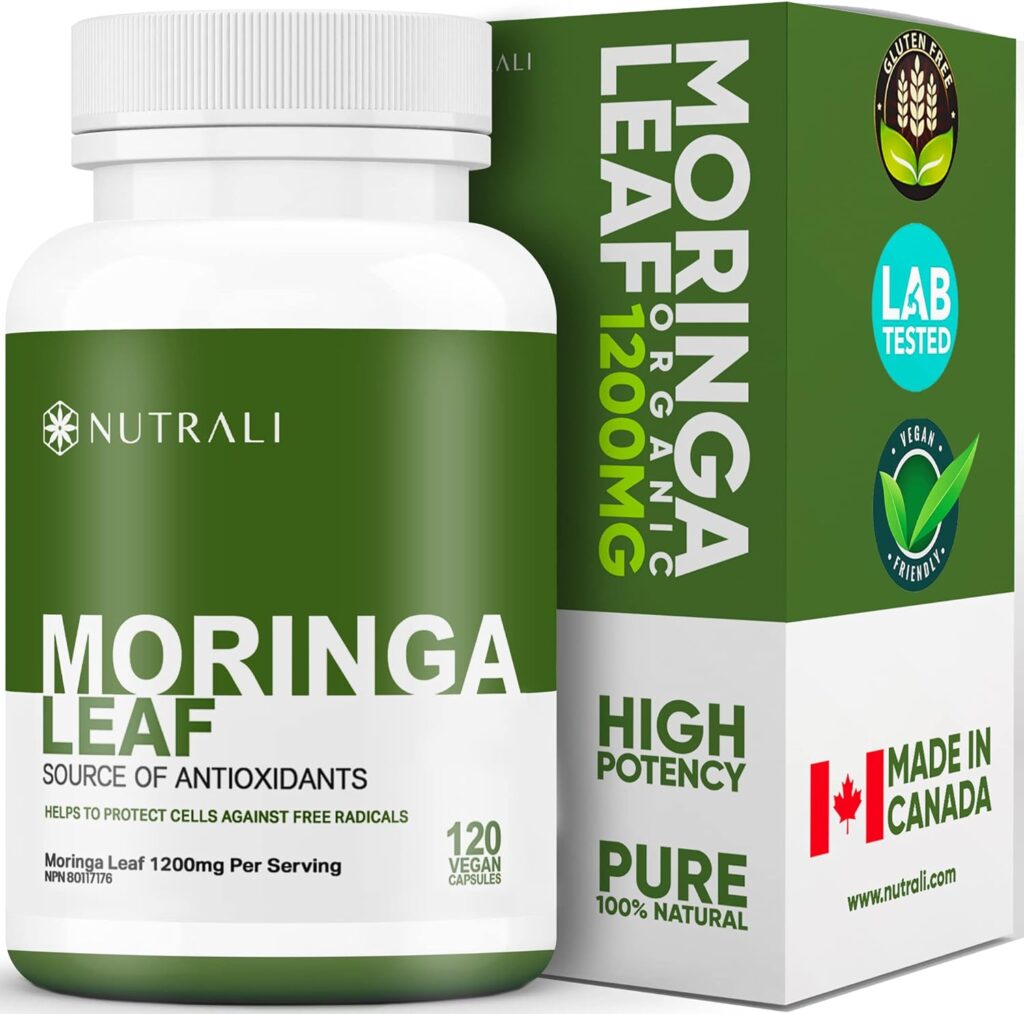Love your coffee and cannot do without it? Ever wondered at the effects of caffeine on the body? How much is too much of coffee and anything with caffeine in it for your body?
In a world fueled by the aromatic allure of coffee shops and the buzz of energy drinks, caffeine stands as the undisputed champion of wakefulness.
Its effects on the human body are as complex as they are ubiquitous, offering both a lifeline to productivity and a potential pathway to peril.
From the exhilarating jolt of a morning espresso to the jittery aftermath of an all-nighter fueled by energy drinks, caffeine’s influence on our physiology is profound and multifaceted.
But amidst the exhilaration, lies a delicate balance between the good and the bad, where the line blurs between enhancement and harm. Nobody is advocating that you give up your delicious cuppa coffee. Just drink it in moderation!
This article takes you on a journey through the labyrinth of caffeine’s effects on the body, where we unravel its mysteries, exploring the highs, the lows, and the fascinating interplay between its virtues and vices.
Is Caffeine Only Found in Coffee?
No, caffeine is not exclusive to coffee. It is actually a naturally occurring compound found in various plants, including tea leaves, cacao beans (chocolate), kola nuts (used in cola beverages), and guarana berries.
While coffee is the most well-known and widely consumed source of caffeine, other beverages and products also contain significant amounts of this stimulant.
| Common Sources of Caffeine | Description |
|---|---|
| Tea | Whether it’s black, green, white, or oolong tea, all varieties contain caffeine. The caffeine content in tea can vary depending on factors such as the type of tea, brewing method, and steeping time. |
| Soft Drinks | Many soft drinks, particularly colas, contain caffeine. While the caffeine content in soda is typically lower than that in coffee or tea, it can still contribute to your daily intake. |
| Energy Drinks | Energy drinks are specifically formulated to provide a quick energy boost, and caffeine is a primary ingredient in most of them. These beverages often contain higher concentrations of caffeine compared to other sources. |
| Chocolate | Caffeine is naturally present in cocoa beans, so chocolate products like dark chocolate and milk chocolate contain varying amounts of caffeine. However, the caffeine content in chocolate is generally lower than that in coffee or tea. |
| Medications | Some over-the-counter medications, particularly those used to relieve headaches or enhance alertness, contain caffeine as an active ingredient. It’s important to be aware of the caffeine content in medications and to monitor your overall intake to avoid excessive consumption. |
| Supplements | Caffeine supplements are available in various forms, such as pills, powders, and energy gels. These products are often marketed to athletes and individuals seeking a convenient way to boost performance or increase alertness. |
| Created by Metamorphosis Hub | |
While coffee is indeed a major source of caffeine, it’s just one of many options available. Whether you prefer a cup of tea, a piece of chocolate, or an energy drink, there are plenty of ways to get your caffeine fix.
What are the Good Effects of Caffeine on the Body?
When the question “what are the effects of caffeine on the body is asked?” you will discover that caffeine, the world’s most widely consumed psychoactive substance, boasts an array of beneficial effects on the human body that extend far beyond just keeping us awake. Of course, there are also several negative effects!
Let’s first start off with the positive impacts that caffeine can have on the body – aside from delicious aroma and taste!
Increased Alertness and Concentration
Perhaps caffeine’s most well-known benefit, it stimulates the central nervous system, promoting wakefulness and enhancing focus and concentration.
Whether it’s tackling a demanding work project or staying sharp during a study session, caffeine can give you the mental edge you need.
Enhanced Physical Performance
Athletes often rely on caffeine to improve their performance. Caffeine can increase adrenaline levels, which in turn stimulates the body to release more glucose into the bloodstream, providing a quick burst of energy.
This can lead to improved endurance and reduced perception of effort during exercise.
Improved Mood and Mental Well-being
Caffeine is known to boost the production of neurotransmitters like dopamine and serotonin, which are associated with feelings of pleasure and happiness.
Consuming moderate amounts of caffeine can uplift mood, alleviate feelings of fatigue, and even help combat symptoms of depression.
Potential Cognitive Benefits
Some studies suggest that caffeine may offer long-term protection against cognitive decline and neurodegenerative diseases such as Alzheimer’s and Parkinson’s.
Regular consumption of caffeine has been associated with a reduced risk of developing these conditions, though more research is needed to confirm these findings.
Source of Antioxidants
Coffee, one of the most popular sources of caffeine, contains a significant amount of antioxidants.
These compounds help neutralize harmful free radicals in the body, potentially reducing the risk of chronic diseases such as heart disease, diabetes, and certain types of cancer.
Improved Physical Health
Moderate caffeine consumption has been linked to various health benefits, including a lower risk of developing type 2 diabetes, liver disease, and certain types of cancer.
Caffeine has also been shown to increase metabolic rate and aid in weight management by promoting thermogenesis and fat oxidation.
While these benefits highlight caffeine’s positive influence on the body, note that it should be consumed in moderation.
Excessive intake can lead to negative side effects such as insomnia, being jittery, increased heart rate, and dependency. As with any substance, finding the right balance is key to maximizing its benefits while minimizing potential risks.
What are the Negative Effects of Caffeine on the Body?
While caffeine offers various benefits when consumed in moderation, excessive intake or sensitivity to caffeine can lead to several negative effects on the body. Here are some of the potential negative effects of caffeine on the body:
Insomnia and Disrupted Sleep Patterns
Caffeine is a potent stimulant that can interfere with sleep by inhibiting the effects of adenosine, a neurotransmitter that promotes sleepiness.
Consuming caffeine too close to bedtime or in large amounts can lead to difficulty falling asleep, disrupted sleep patterns, and overall poor sleep quality.
Increased Heart Rate and Blood Pressure – Effect of Coffee on Blood Pressure
Caffeine stimulates the central nervous system, leading to an increase in heart rate and blood pressure. While this effect of coffee on blood pressure is usually mild and temporary, individuals with underlying heart conditions or hypertension may be more susceptible to experiencing palpitations, irregular heartbeat, or elevated blood pressure after consuming caffeine.
Jitters and Nervousness
Excessive caffeine intake can cause feelings of nervousness, restlessness, or jitteriness. This is due to caffeine’s ability to stimulate the release of adrenaline, which can trigger the body’s “fight or flight” response and lead to physical symptoms of anxiety.
Gastrointestinal Distress
Caffeine can act as a gastrointestinal irritant, leading to stomach discomfort, acid reflux, or even exacerbating symptoms of gastroesophageal reflux disease (GERD) in susceptible individuals. It may also stimulate bowel movements, leading to diarrhea in some people.
Dependency and Withdrawal Symptoms
Regular consumption of caffeine can lead to dependency, as the body develops a tolerance to its effects over time. Abruptly reducing or discontinuing caffeine intake can result in withdrawal symptoms such as headaches, fatigue, irritability, and difficulty concentrating.
These symptoms typically peak within 24 to 48 hours after cessation and can last for several days.
Increased Anxiety and Panic Attacks
Caffeine’s stimulatory effects on the central nervous system can exacerbate symptoms of anxiety disorders or trigger panic attacks in susceptible individuals.
Those prone to anxiety may experience heightened feelings of nervousness, restlessness, or racing thoughts after consuming caffeine.
Bone Health Concerns
Some research suggests that excessive caffeine intake may interfere with calcium absorption and negatively impact bone health, potentially increasing the risk of osteoporosis or bone fractures, particularly in individuals with inadequate calcium intake or existing bone conditions.
Potential Pregnancy Risks
High caffeine intake during pregnancy has been associated with an increased risk of miscarriage, low birth weight, and preterm birth.
Pregnant individuals are generally advised to limit their caffeine intake to moderate levels (usually below 200-300 mg per day) to minimize potential risks to fetal development.
Note that individual responses to caffeine can vary greatly, and while some people may experience adverse effects even at moderate levels of consumption, others may tolerate higher doses without experiencing significant issues.
Monitoring your caffeine intake and being mindful of its potential effects on your body is key to maintaining a healthy balance.
Effect of Coffee on Blood Sugar
The effect of coffee on blood sugar levels can vary depending on individual factors such as genetics, overall diet, caffeine tolerance, and existing health conditions.
Some people may experience more pronounced changes in blood sugar levels after consuming coffee, while others may not notice significant effects.
Preparation Methods: The way coffee is prepared can also influence its impact on blood sugar. Adding sugar, syrups, or high-calorie creamers to coffee can significantly increase its carbohydrate content and potentially lead to a more significant spike in blood sugar levels.
This is especially true for individuals with diabetes or insulin resistance.
BAD Effect of Coffee on Blood Sugar: Caffeine has also been shown to affect insulin sensitivity, with some research indicating that acute caffeine intake may decrease insulin sensitivity in the short term.
This means that the body’s ability to respond to insulin and regulate blood sugar levels may be temporarily impaired after consuming caffeine.
GOOD Effect of Coffee on Blood Sugar: Several studies have found that regular coffee drinkers may have a lower risk of developing diabetes compared to non-coffee drinkers.
The exact mechanisms behind this protective effect are not fully understood but may involve the presence of bioactive compounds in coffee, such as chlorogenic acids and polyphenols, which have antioxidant and anti-inflammatory properties.
Effect of Coffee on Liver Health
Coffee consumption has been extensively studied for its potential effects on liver health, and findings suggest that moderate coffee intake may have several beneficial effects on the liver.
But wait………..,.,.,.your preference may be tea, and there are some great liver detox teas to choose from such as NUTRALIVER – Liver Detox Tea. Or are you one for supplements? Check out Nutrali ORGANIC MORINGA LEAF Capsules (High Potency) for Liver Detox Cleanse, and a wide array of other common ones.
Here is an overview of the impact of coffee on liver health:
- Reduced Risk of Liver Disease
- Lower Risk of Liver Cirrhosis
- Normalization of Liver Enzymes
- Reduction of Inflammation
- Inhibit Progression of Liver Fibrosis (scarring) by reducing inflammation and oxidative damage.
- Lower Risk of Liver Cancer
But before you start gulping down gallons of coffee, remember this……..MODERATION IS KEY!!!!
While the overall effect of coffee on liver health may be beneficial, incorporating coffee as part of a balanced diet may contribute to overall liver health, but it is essential to consume it in moderation and as part of a healthy lifestyle.
Conclusion – What are the Effects of Caffeine on the Body
Coffee and other caffeine beverages weave themselves into the fabric of our daily lives. Yet, amidst the aroma and allure, lies an important truth: moderation is key.
As you navigate the labyrinth of effects of caffeine on the body, learn to embrace the balance between indulgence and caution.
Learn to savor the benefits while respecting the risks, mindful of your bodies’ whispers amidst the caffeinated cacophony. So, as you raise your next cup, remember this: each sip is an opportunity to fuel not just your day, but your well-being.
Choose wisely, cherish the moment, and embark on your journey with purpose. Let coffee be not just a beverage, but a catalyst for mindful living.
Related Articles
- 9 Best Coffee Makers for Home Use Compared
- 7 Symptoms of Dehydration in Seniors – Effects
- Leg Cramps in Seniors – A Seriously Painful Experience
- Heart Health Facts – Why They Are Important
- 11 Heart Health Tips for Seniors – How To Take Care Of Your Heart
- How to Promote Heart Health – Keep Your Engine Going
- Why Heart Health is Important – Seniors Should Pay Attention
- What Are Unhealthy Foods For The Heart? – 13 You Did Not Think Of
FAQs for Effects of Caffeine on the Body
What are the short-term effects of caffeine on the body?
Short-term effects include increased alertness, improved concentration, faster reaction times, and sometimes jitteriness or rapid heartbeat.
How does caffeine affect sleep?
Caffeine can delay sleep, reduce deep sleep quality, and cause restlessness if consumed too close to bedtime.
What are the long-term effects of caffeine on the body?
Long-term caffeine use may cause dependence, digestive issues, and increased anxiety, though moderate intake is generally safe for most adults.





